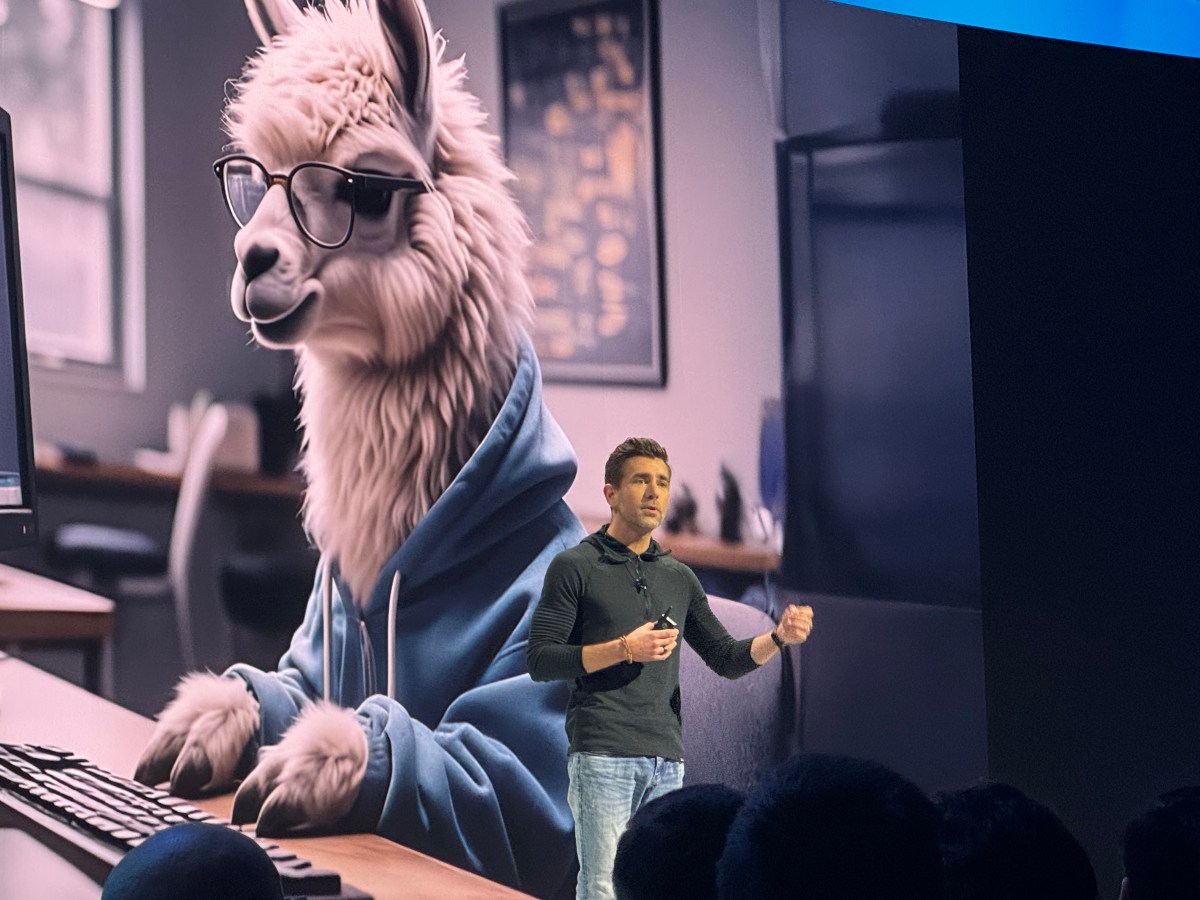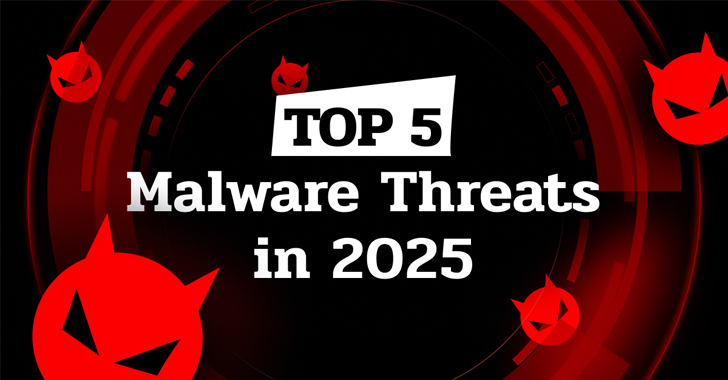Here is a rewritten version of the content without changing its meaning:
Meta recently held its inaugural AI developer conference, LlamaCon, at its headquarters in Menlo Park, California. During the event, the company unveiled a new consumer-facing AI chatbot app, designed to rival ChatGPT, as well as a developer-facing API for accessing Llama models in the cloud.
The primary objective of these releases is to broaden the adoption of Meta’s open Llama AI models. However, it is likely that the company’s underlying motivation is to surpass OpenAI. Meta’s AI strategy, in general, aims to foster a thriving open AI ecosystem, which would give the company an edge over “closed” AI providers like OpenAI that restrict access to their models.
The new AI chatbot app appears to be a preemptive move against OpenAI’s rumored social network. The app features a social feed where users can share their AI chats and provides personalized responses based on a user’s activity within Meta’s apps.
Regarding the Llama API, it poses a challenge to OpenAI’s API business. The Llama API simplifies the process for developers to build apps that connect to Llama models in the cloud, requiring only a single line of code. This eliminates the need for third-party cloud providers to run Llama models and enables Meta to offer a more comprehensive suite of tools for AI developers.
Meta perceives OpenAI as a key competitor. Internal court filings have revealed that Meta’s executives have been fixated on outdoing OpenAI’s GPT-4, a state-of-the-art model. Undermining proprietary AI model providers like OpenAI has long been a core aspect of Meta’s AI strategy. In a letter dated July 2024, Meta CEO Mark Zuckerberg emphasized the distinction between Meta and companies like OpenAI, stating that “selling access to AI models is not our business model.”
Prior to LlamaCon, several AI researchers expressed their hopes that Meta would release a competitive AI reasoning model similar to OpenAI’s o3-mini. Although this did not materialize, Meta’s primary focus is not necessarily on winning the AI race.
During a conversation with Databricks CEO Ali Ghodsi at LlamaCon, Zuckerberg expressed his view that any AI lab making its models openly available, including DeepSeek and Alibaba’s Qwen, is an ally in the fight against closed model providers.
Zuckerberg noted, “The value of open source lies in its ability to mix and match. If another model, such as DeepSeek, is superior in a particular aspect, or if Qwen excels in a specific area, developers have the freedom to choose the best components from different models to create exactly what they need.” He further emphasized that “open source ultimately surpasses closed source in quality… it’s an unstoppable force.”
Beyond hindering OpenAI’s growth, Meta may also be attempting to promote its open models to satisfy regulatory requirements. The EU AI Act grants preferential treatment to companies that distribute “free and open source” AI systems. Meta frequently claims that its Llama models are “open source,” despite some disagreement over whether they meet the necessary criteria.
Regardless of the motivation, Meta seems content to initiate AI launches that strengthen the open model ecosystem and limit OpenAI’s growth, even if it means not delivering cutting-edge models itself.
Source Link





